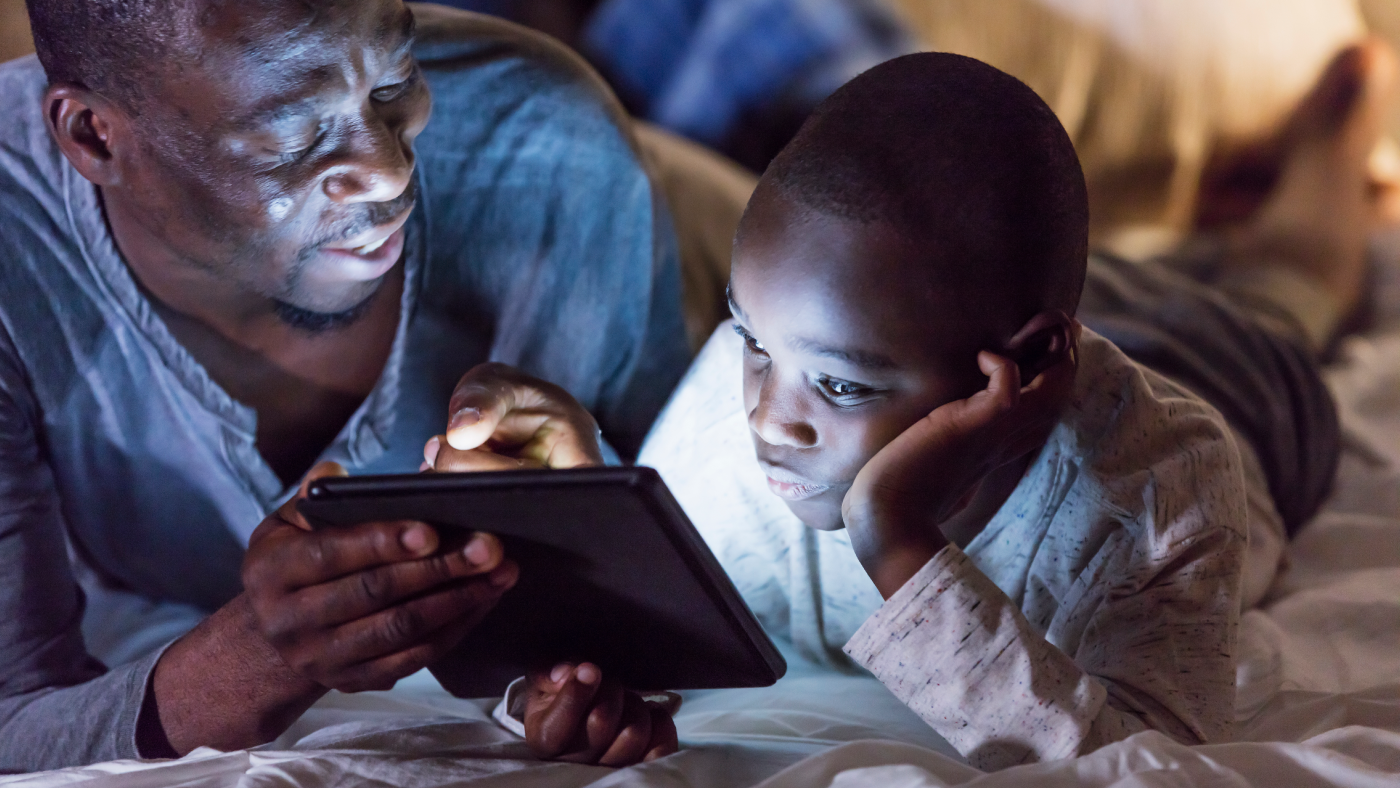Parent and Teen Internet Use
Parents view the internet less favorably than in 2004, yet are still engaged with their children's media consumption. Teens are more likely than their parents to say tech devices are helpful.
Parents view the internet less favorably than in 2004, yet are still engaged with their children's media consumption. Teens are more likely than their parents to say tech devices are helpful.
Ed Castronova offers insights into the rise of virtual identities through online games and raises questions about the future of interpersonal communication.
Pew Internet Project research on teenagers' use of social networking applications explores the reasons why these sites are so popular and how they are changing communication patterns and expectations of connectivity among young library patrons.
The impacts of high-speed connections extend beyond access to information to active participation in the online commons
According to local college students, there's clearly something creepy and weird about the influx of adults "infiltrating" what were once the collegiate walls of Facebook.
Girls, teens who post photos or profiles show an increased likelihood to be contacted by people with no connection to them or their friends. Girls are more likely to report contact that made them uncomfortable.
University of Wisconsin researchers have found that breast cancer patients seemed to benefit from being directed to doctor-approved health information online.
If you really want to get into the topic of how the internet is changing health care, check out Fard Johnmar's new show, The Digital Health Revolution.
Just half of adults with chronic conditions use the internet; but once online, they are avid consumers of health information.
In China, even mooncakes are making their way online.

Roughly four-in-ten Americans have experienced online harassment. Growing shares face more severe online abuse such as sexual harassment or stalking.
Two-thirds of parents in the U.S. say parenting is harder today than it was 20 years ago, with many citing technologies, like social media or smartphones, as a reason.
From distractions to jealousy, how Americans navigate cellphones and social media in their romantic relationships.
Majorities of U.S. adults believe their personal data is less secure now, that data collection poses more risks than benefits, and that it is not possible to go through daily life without being tracked.


